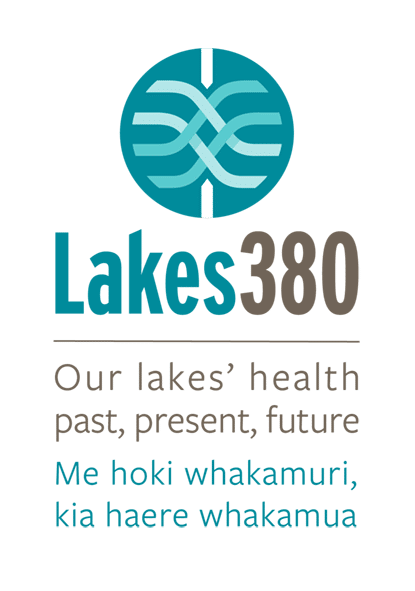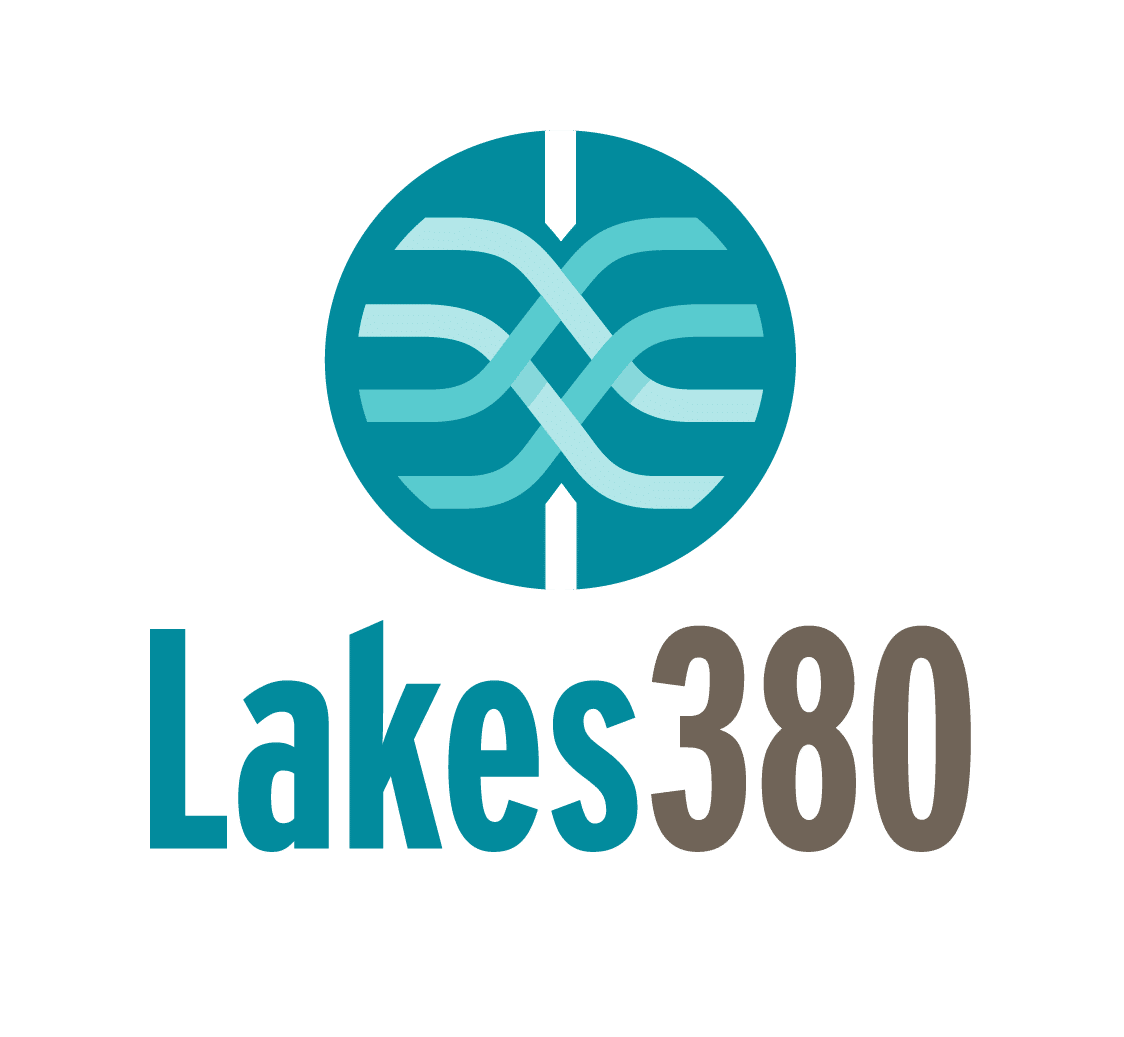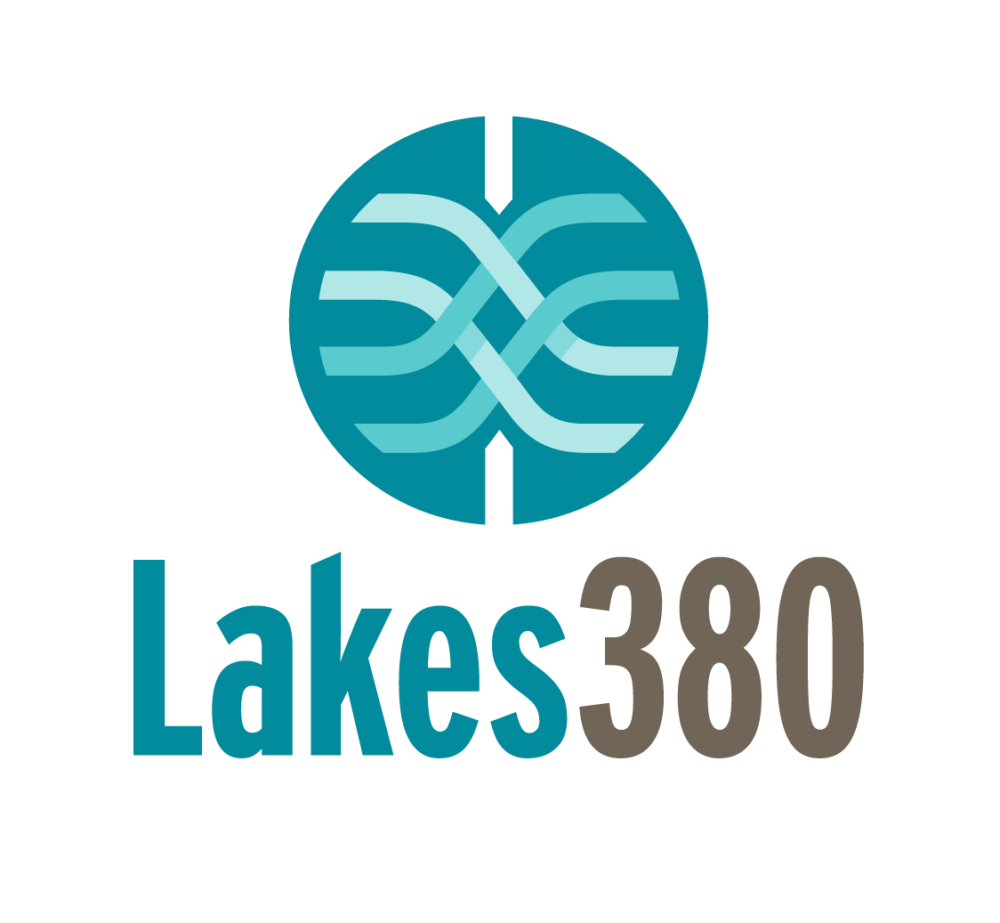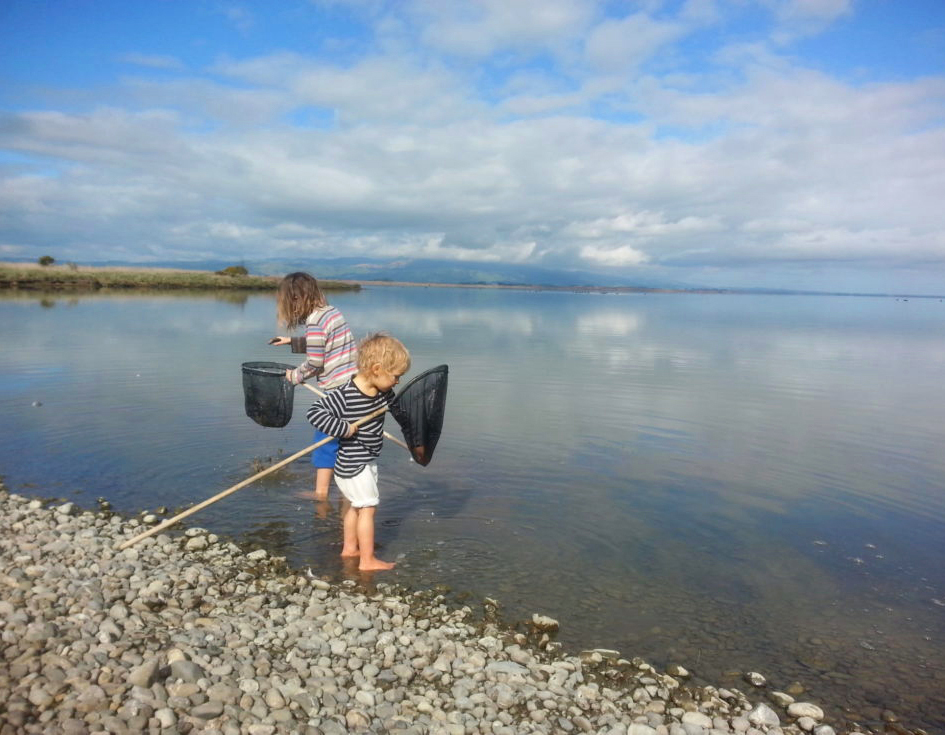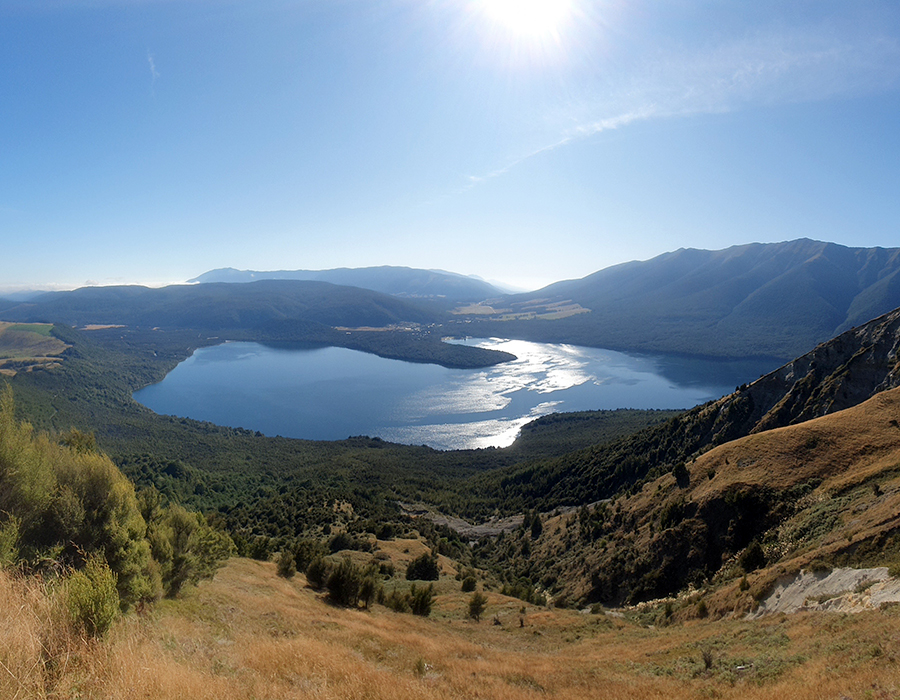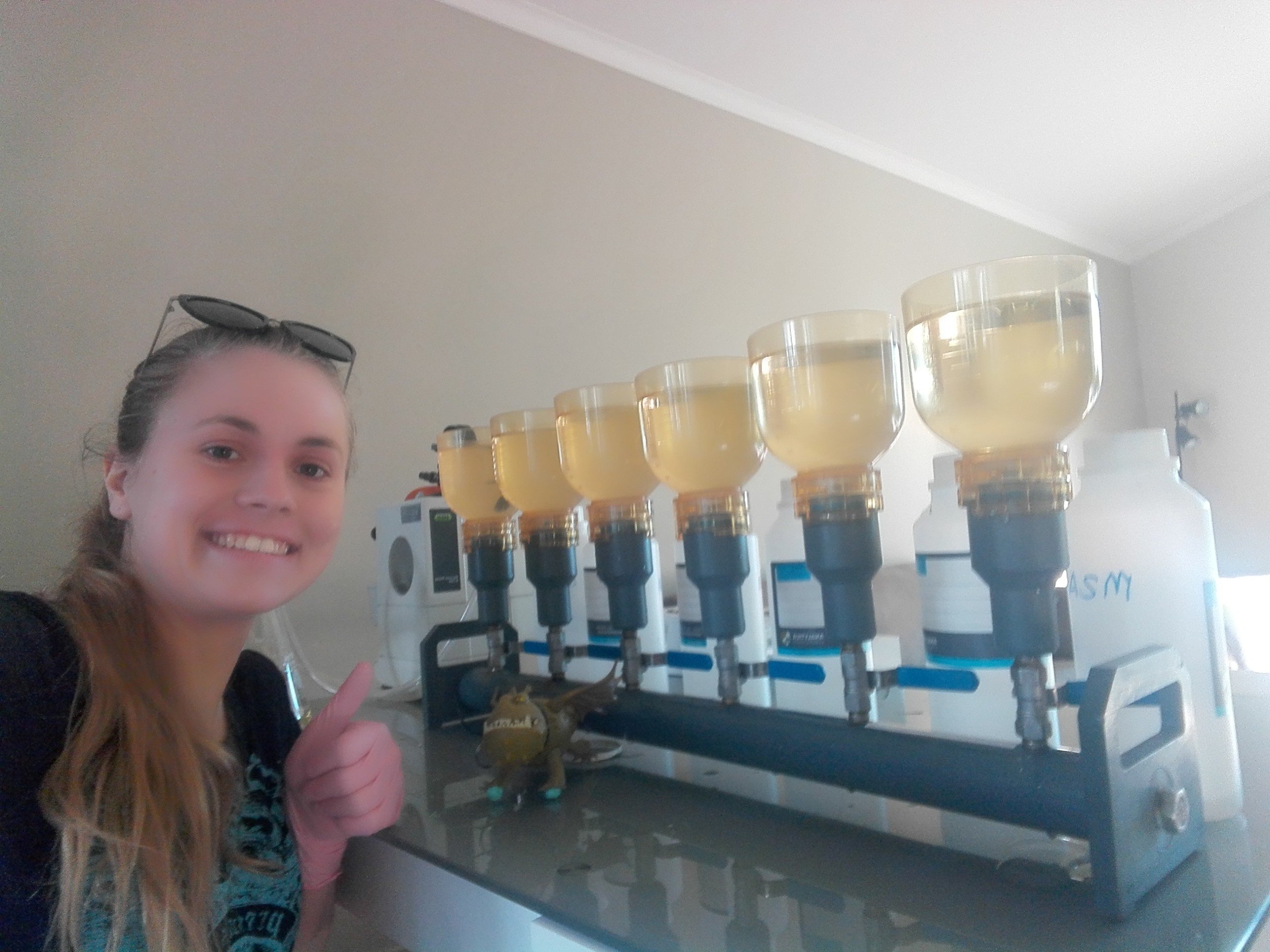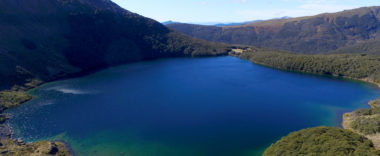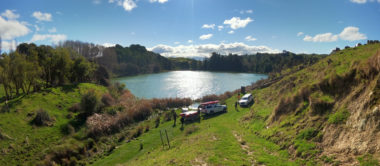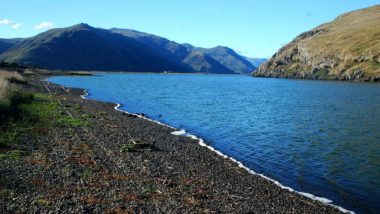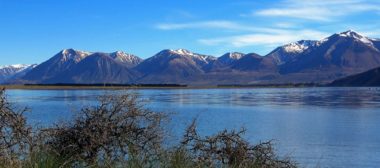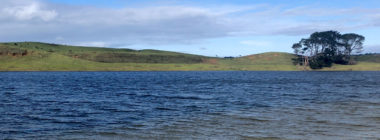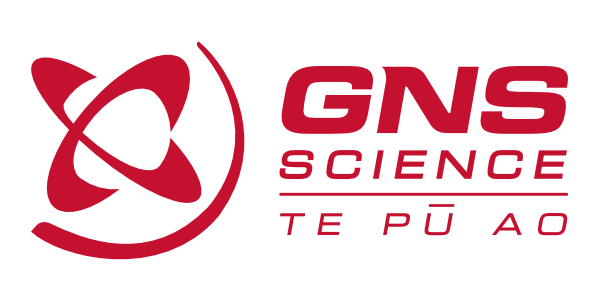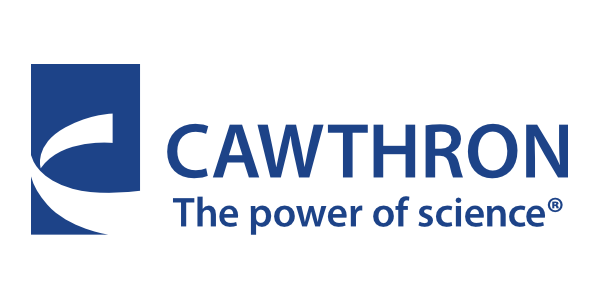Wairarapa Times Age, Monday Nov 16, 2020. Harmony and Miles McEwan looking for kakahi [freshwater mussel] at Lake Wairarapa. PHOTO/FILE GRACE PRIOR
Maori and Pakeha histories of lakes are being brought together in a new website produced by the Cawthron Institute and GNS Science.
The website gives “scientific insights and personal memories of Wairarapa lakes as part of a project that aims to kick-start fresh conversations about lake health and mauri [a Te Ao Maori concept meaning life-force]”, the Cawthron Institute said.
Wairarapa Moana Purakau Kete, accessible at lakestoriesnz.org, uses a range of mediums including short documentaries, audio recordings, photography, and art to share stories that bring these lake histories to life.
“Digital storytelling like this is a fairly new and very effective way of bringing lake stories to a wide audience, reaching far beyond the impact of scientific publications,” Lakestoriesnz.org project leader Charlotte Sunde from Cawthron Institute said.
Some of the stories include how “Ngati Kahungunu gifted Lake Wairarapa to the Crown in 1896, the ‘battle’ to control Lake Onoke’s opening, and the return of the lakebed to Maori through treaty settlements”, Sunde said.
“By combining scientific insights from lake sampling with the stories that are told through these audio-visual pieces, we set out to open a space for dialogue about the history of Wairarapa Moana and what we might do to improve the health of these lakes and their communities.”
“The stories also celebrate the positive changes that are happening throughout the community to improve the condition of Wairarapa waterways.”
Environment manager Rawiri Smith of Ngati Kahungunu ki Wairarapa said that the stories touched the right tone with the community and that iwi would like to build on the project’s outcomes by creating a living record for all waterways in Wairarapa.
“These lake stories have provoked thinking, encouraging behaviour change out of our common humanity rather than through confrontation or enforcement,” Smith said.
The website is part of the Cawthron Institute and GNS Science’s joint Lakes380 research programme, which aims to “weave together different forms of knowledge, ranging from traditional scientific knowledge collected through lake sediment sampling, alongside social histories that provide important context”.
The long-term intention for the website is to “continue to add to it, collect more stories and keep it alive”. The website would evolve over time as more information and data was gained.
The Lakes380 project has “focused on building in-depth relationships with iwi in Wairarapa and Rangitikei, with different styles of engagement being adopted in each rohe [region] that reflect the relationships formed and the unique priorities for each iwi”, the Cawthron Institute said.
“In Wairarapa, storytelling immediately emerged as an important opportunity given where iwi is at with environmental projects and treaty settlements for Wairarapa Moana, hence the decision to create a website that could be home to these histories.”
Organisers of the research programme welcomed people to approach them if they had anything to share or add about the lakes.
